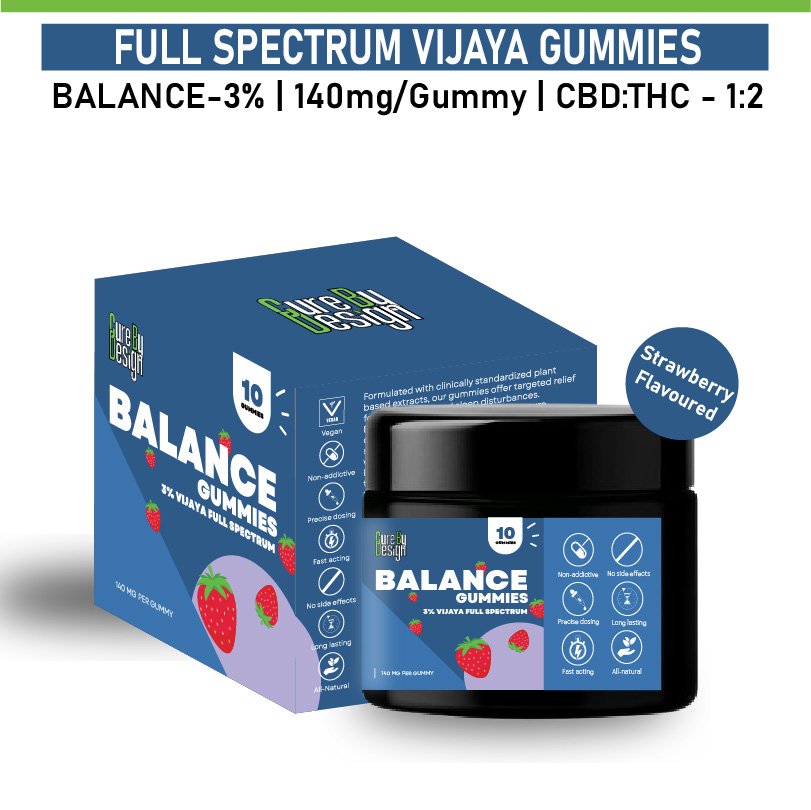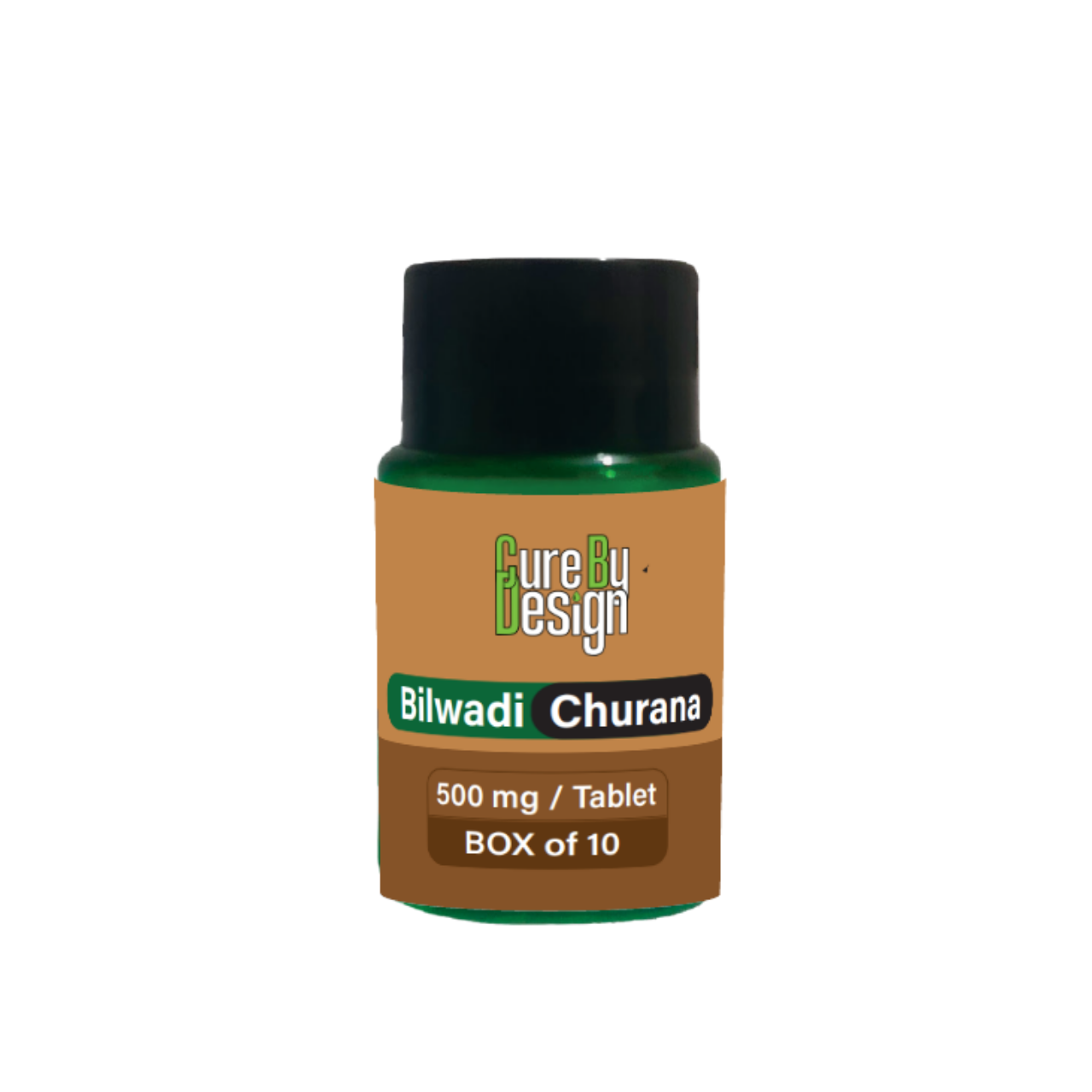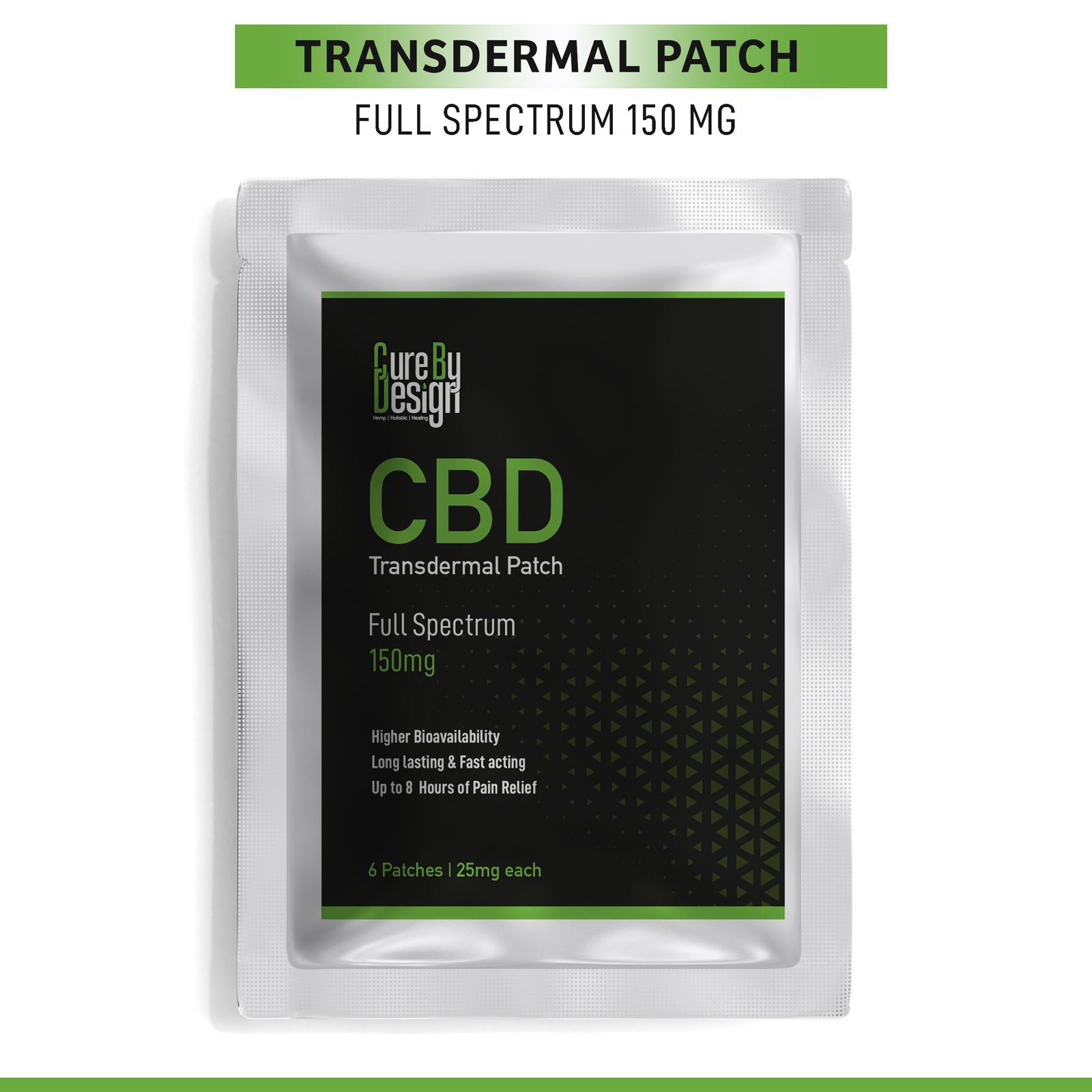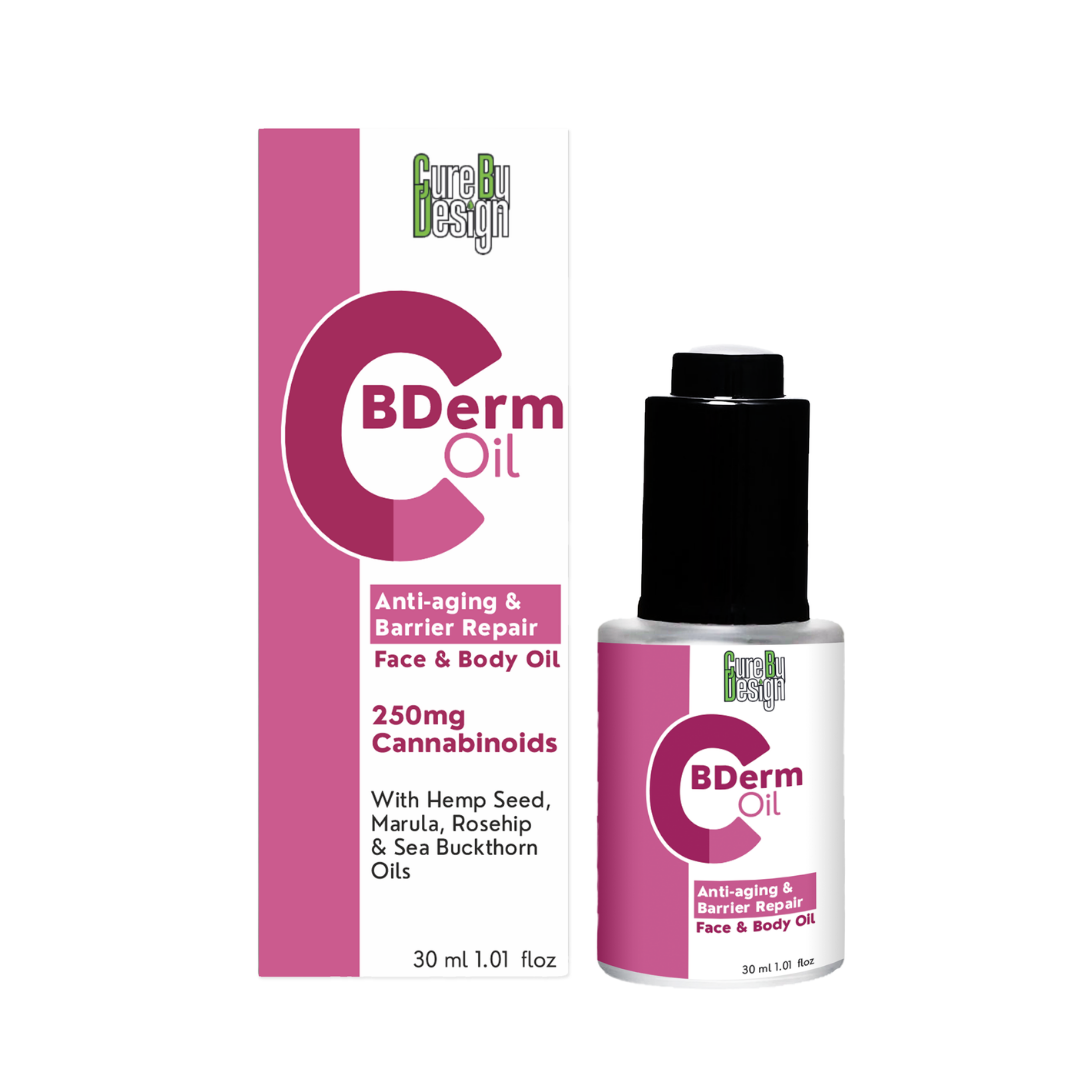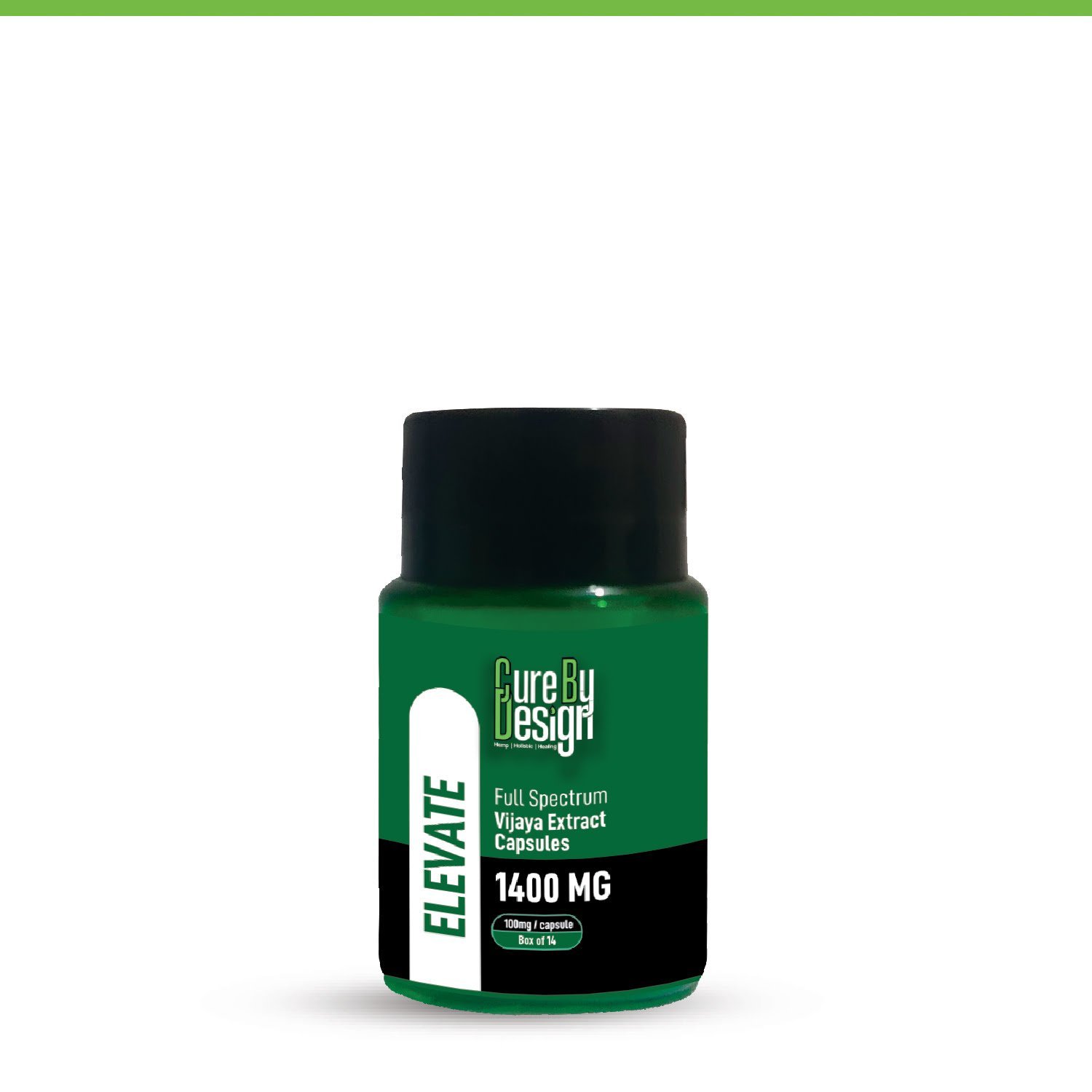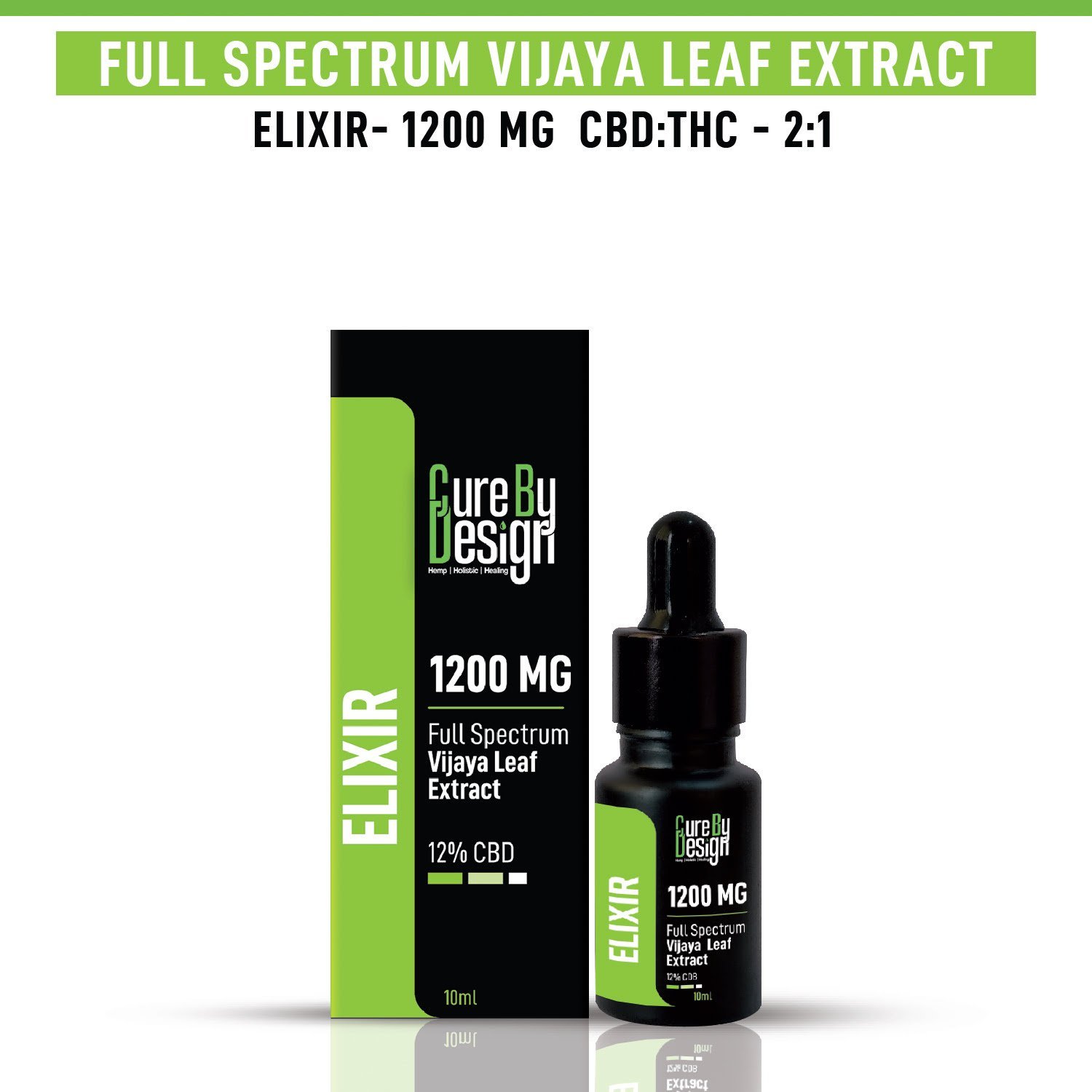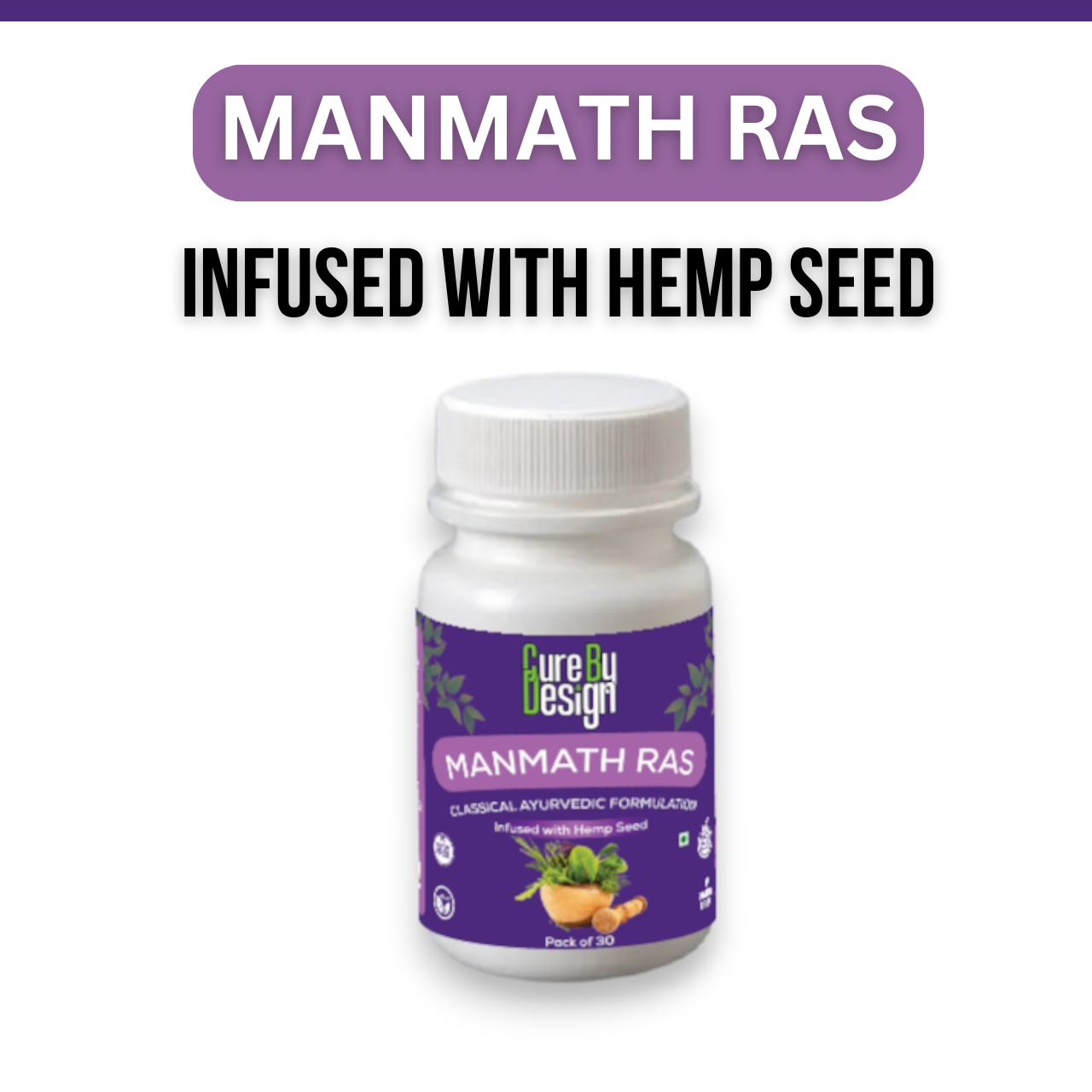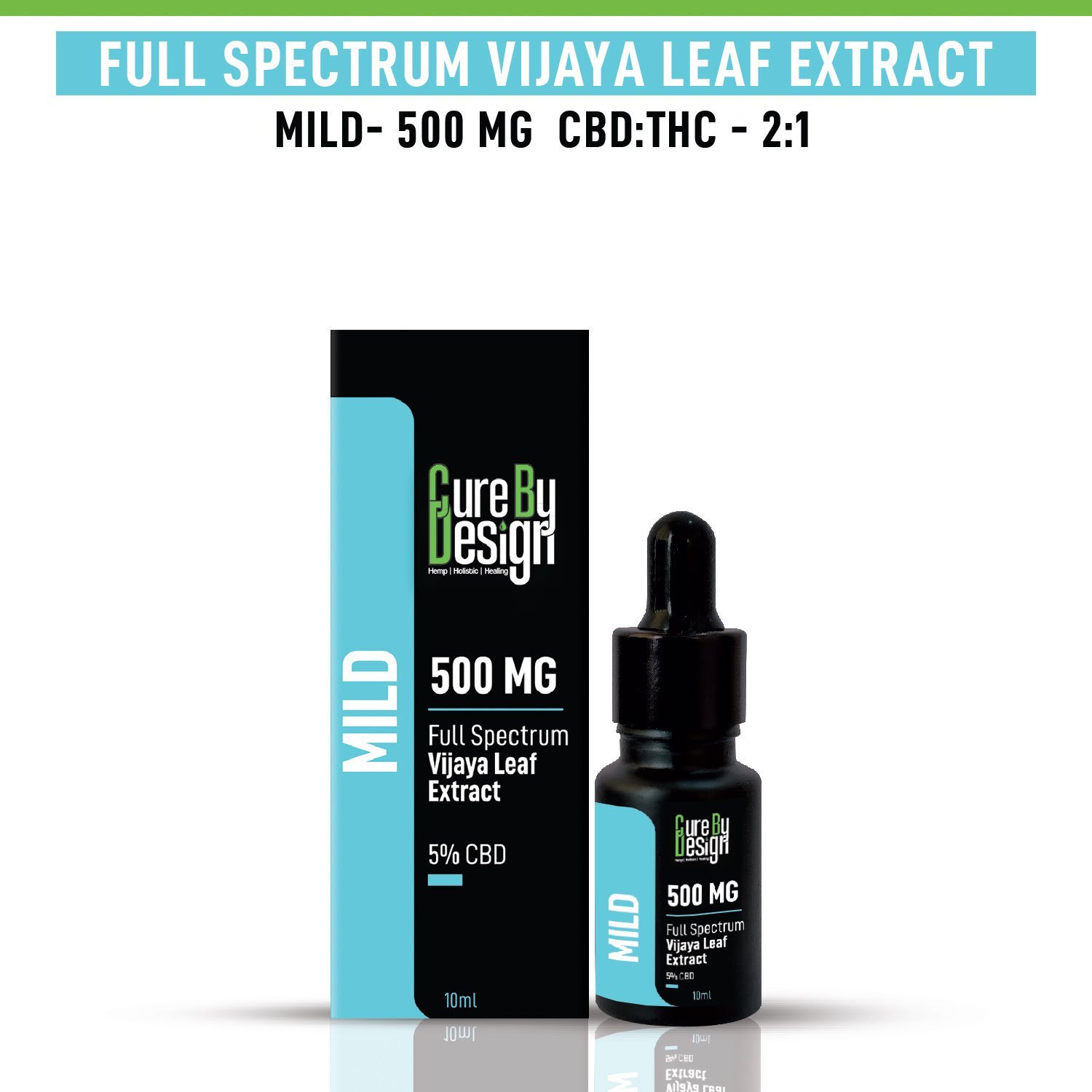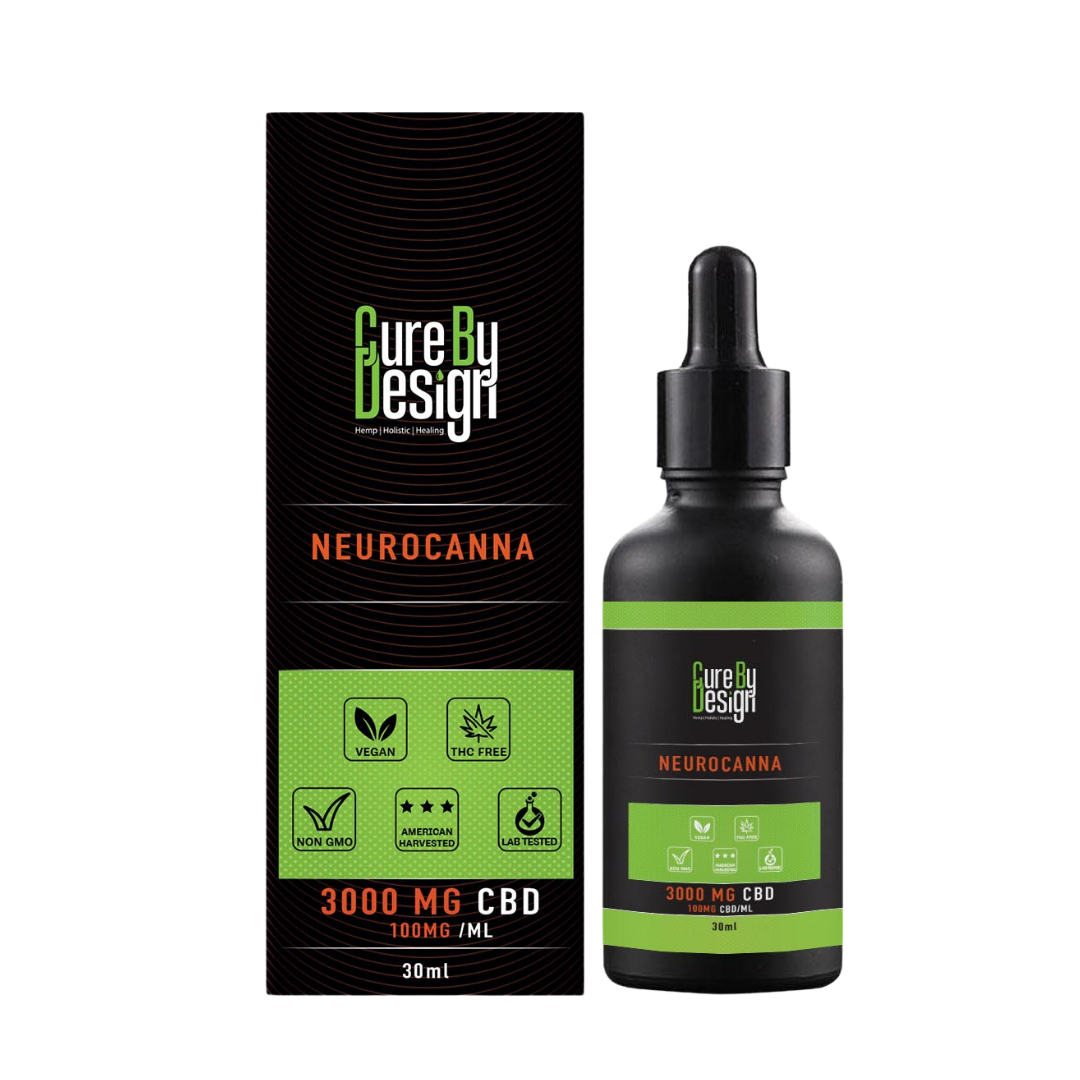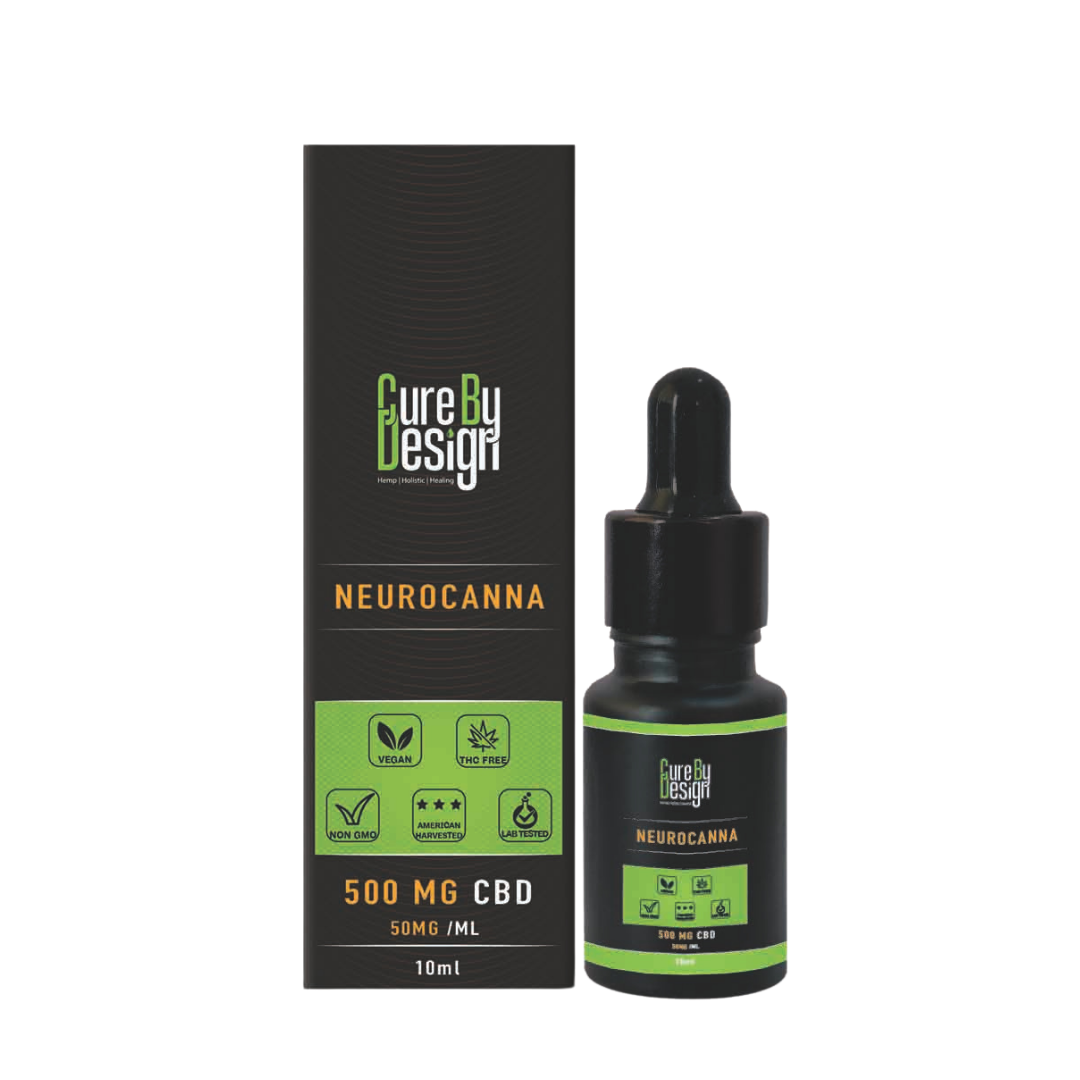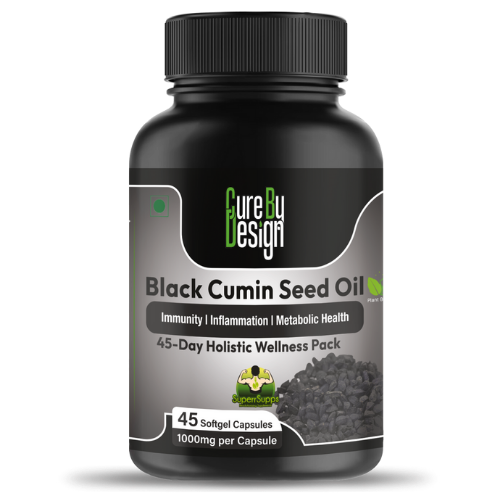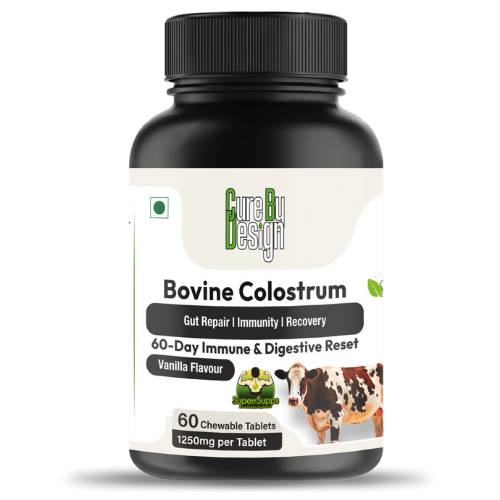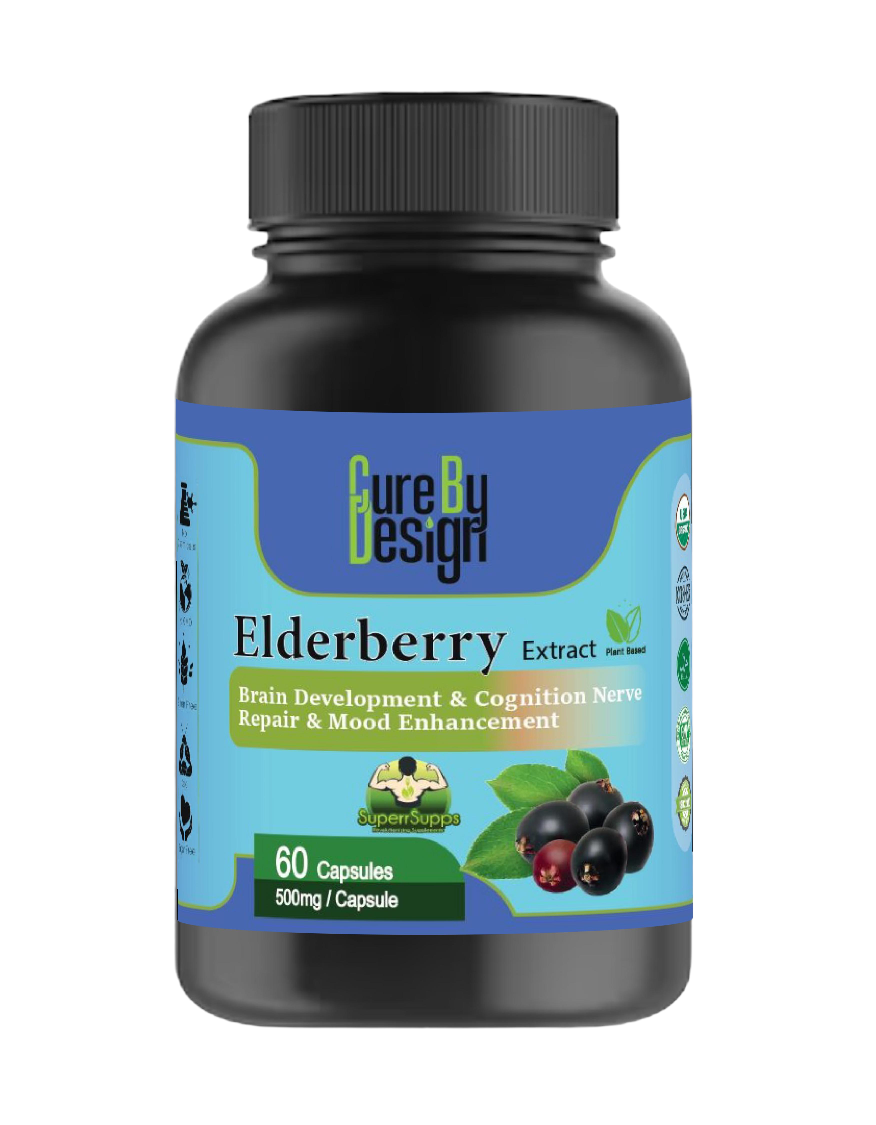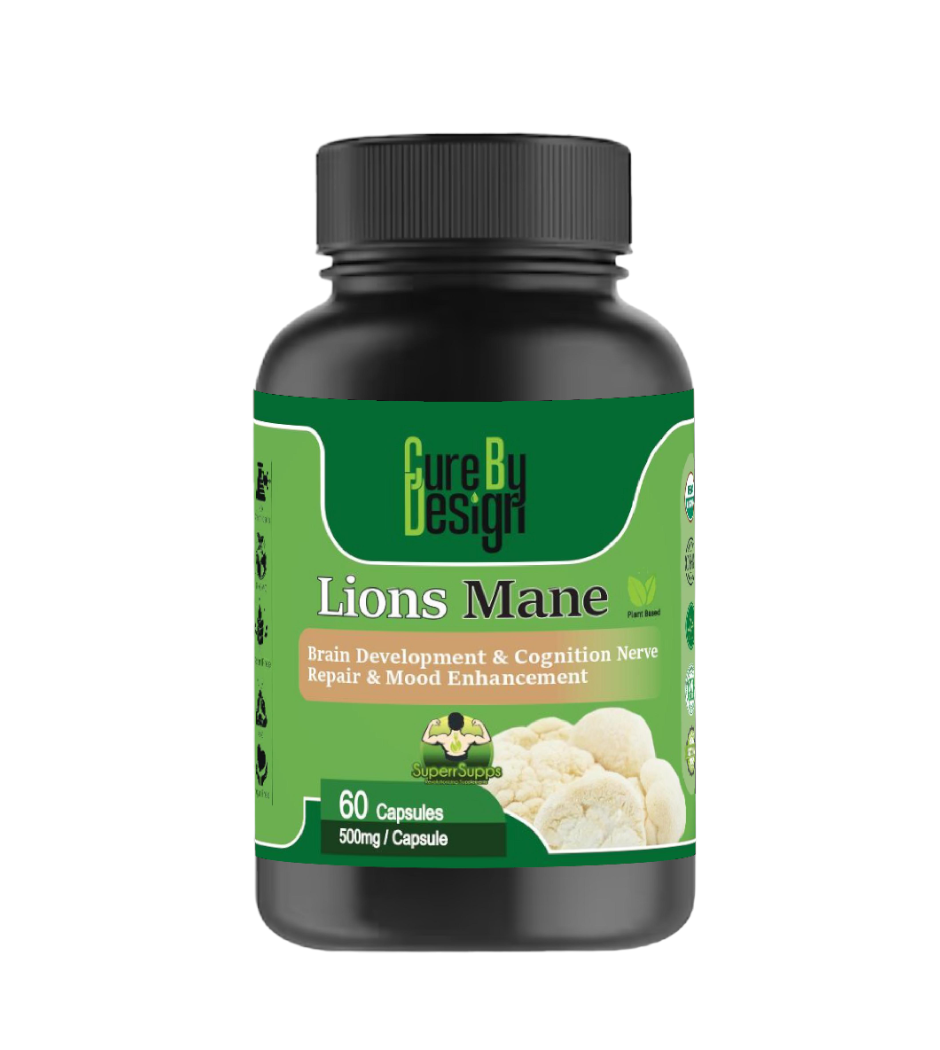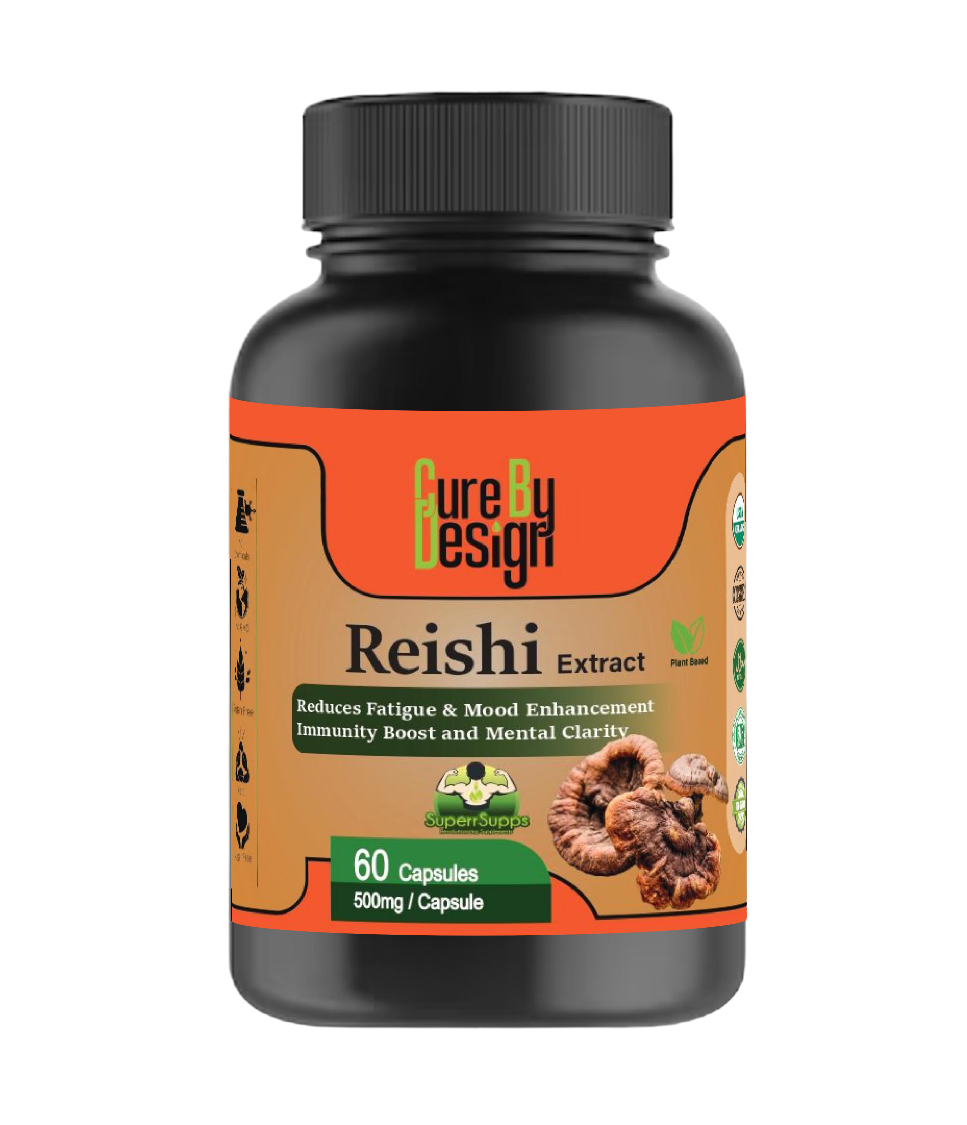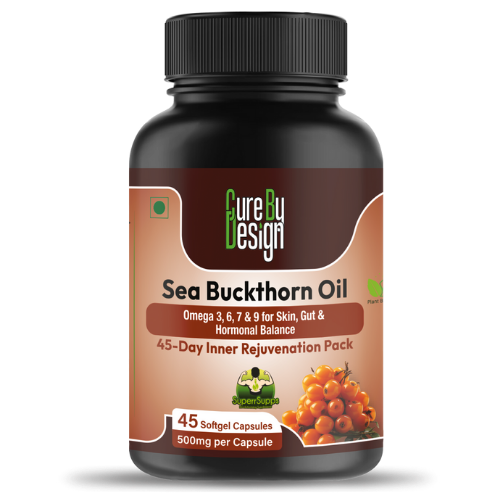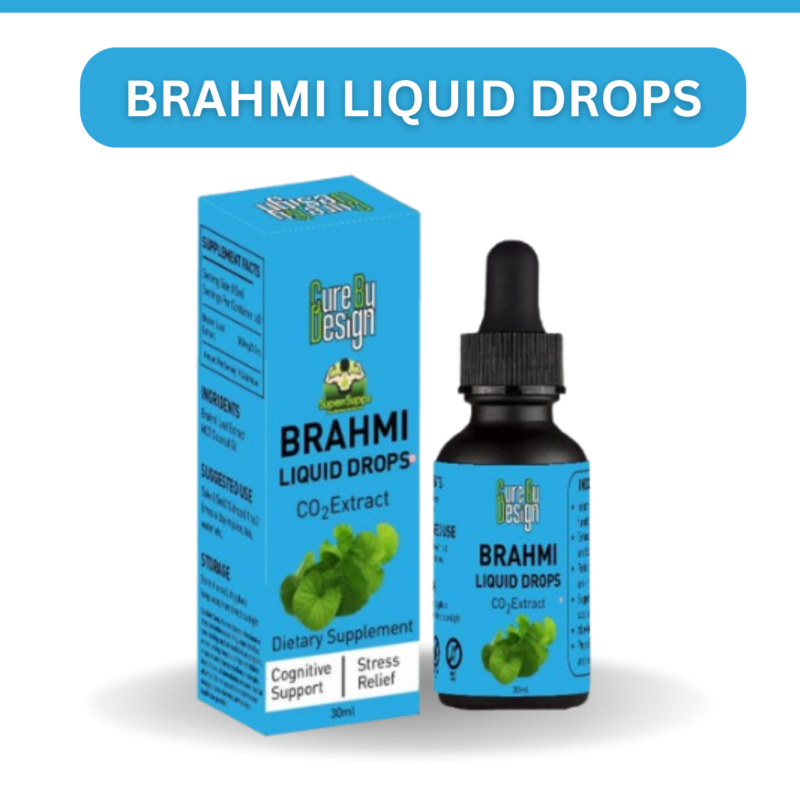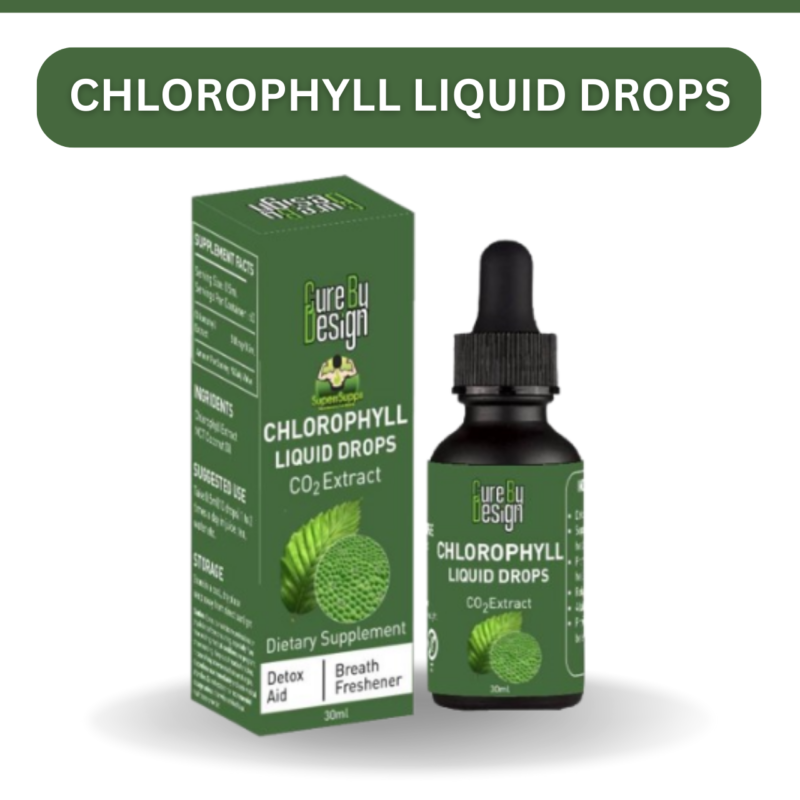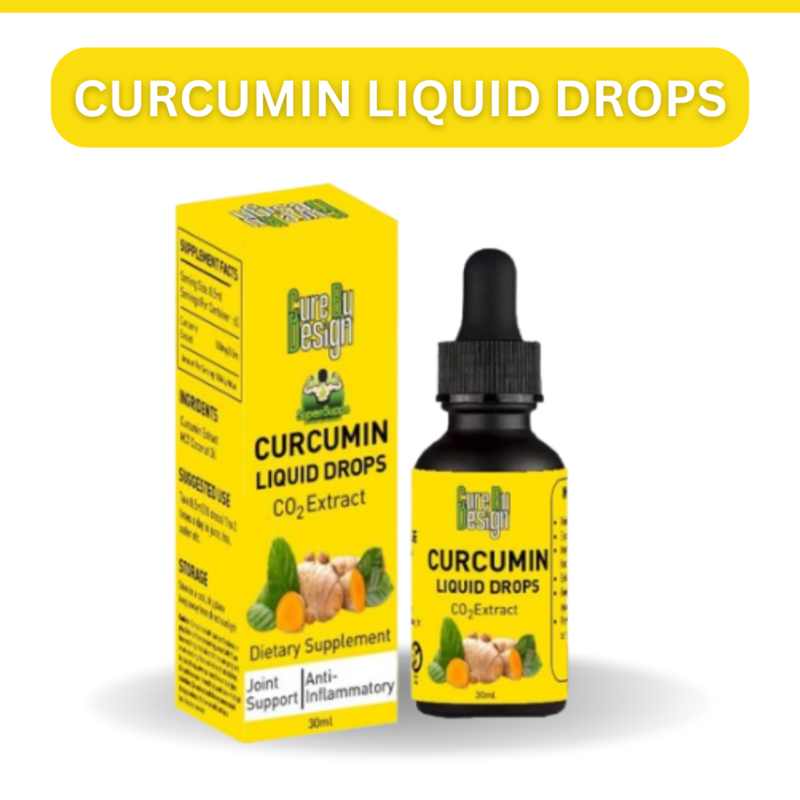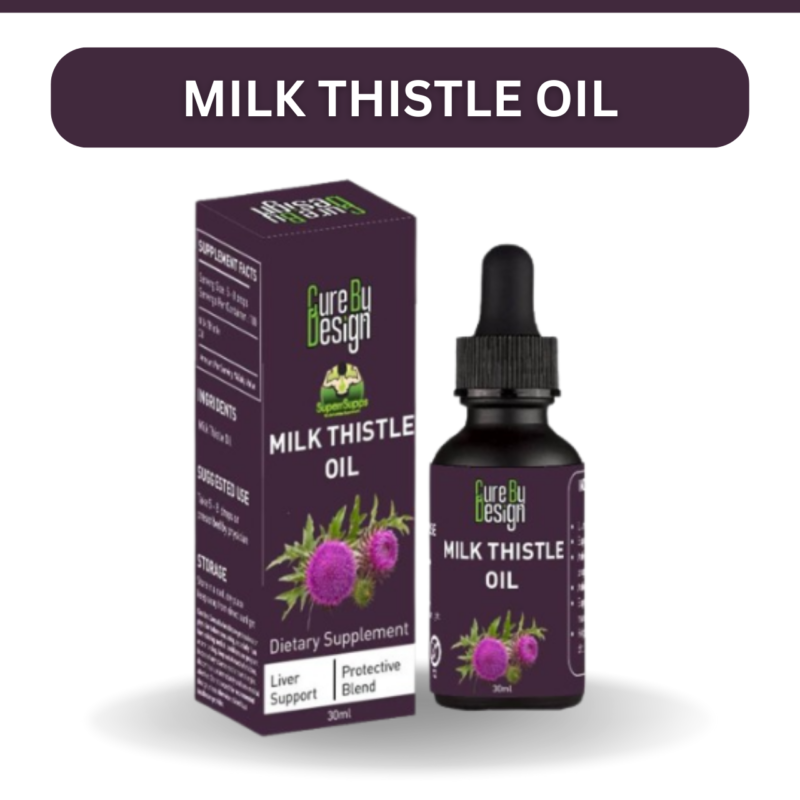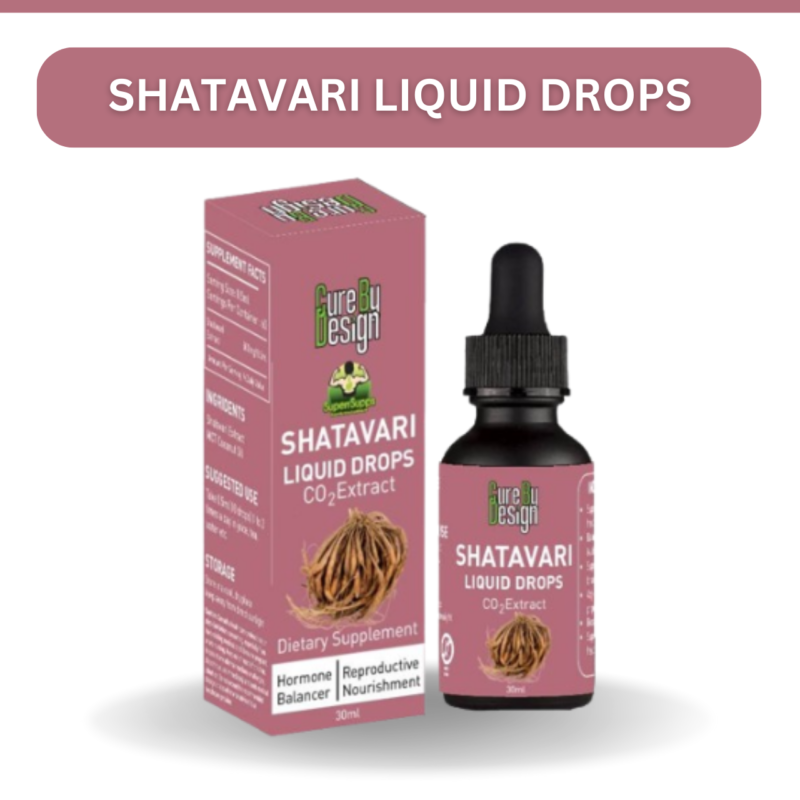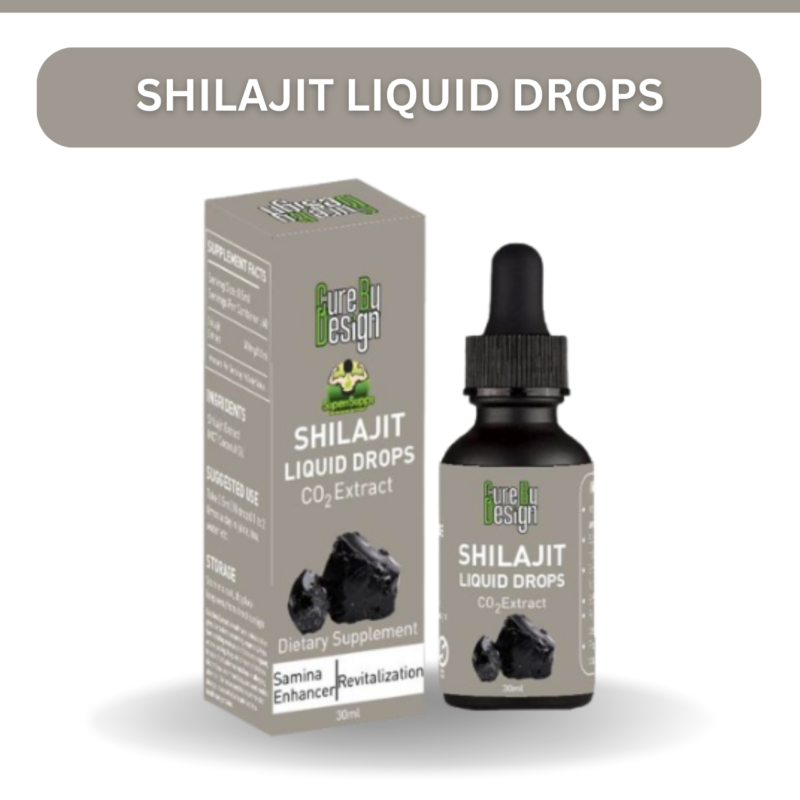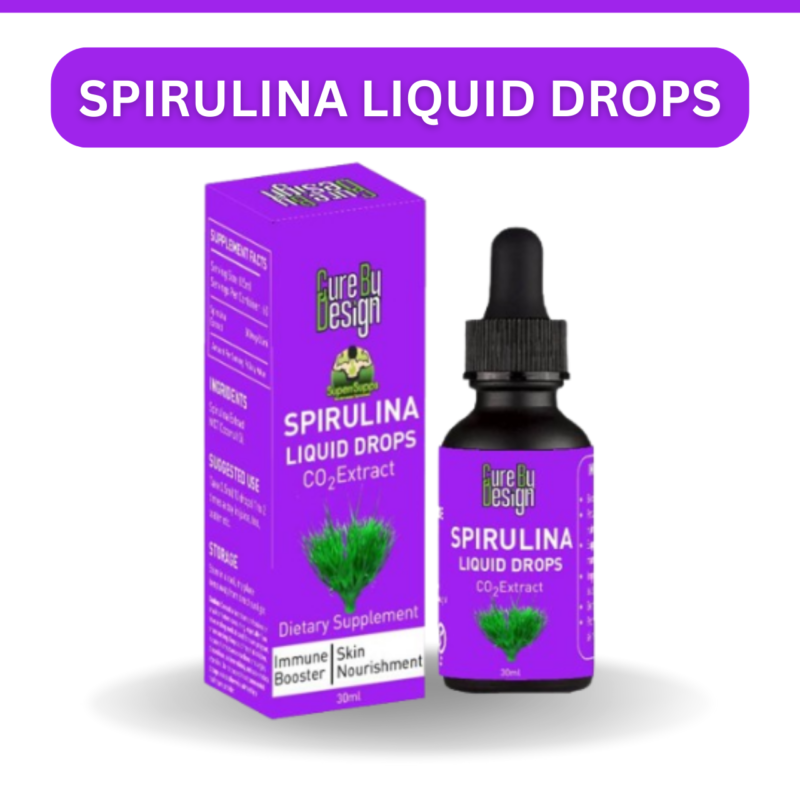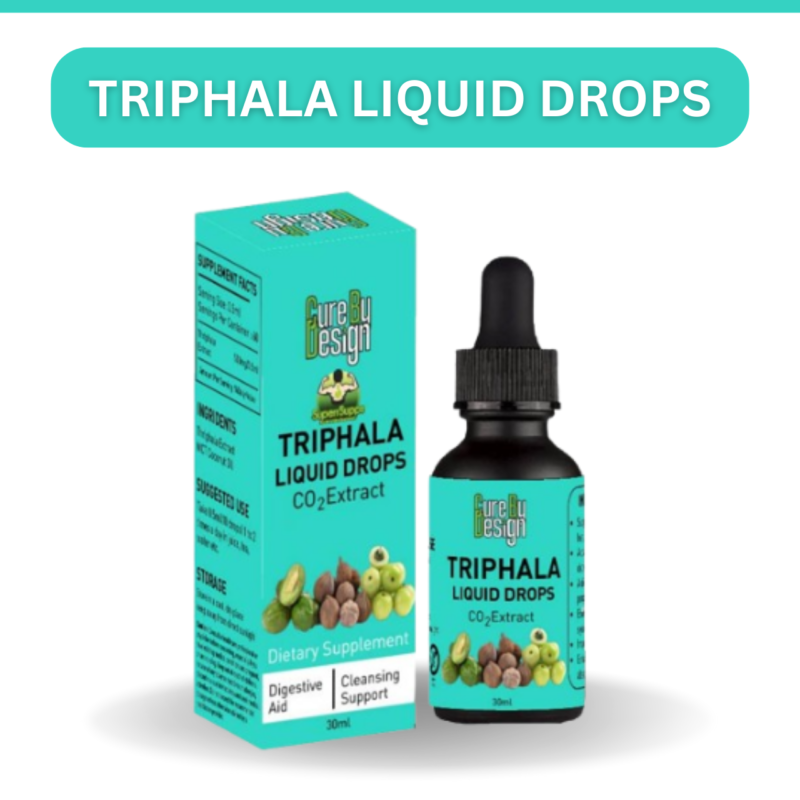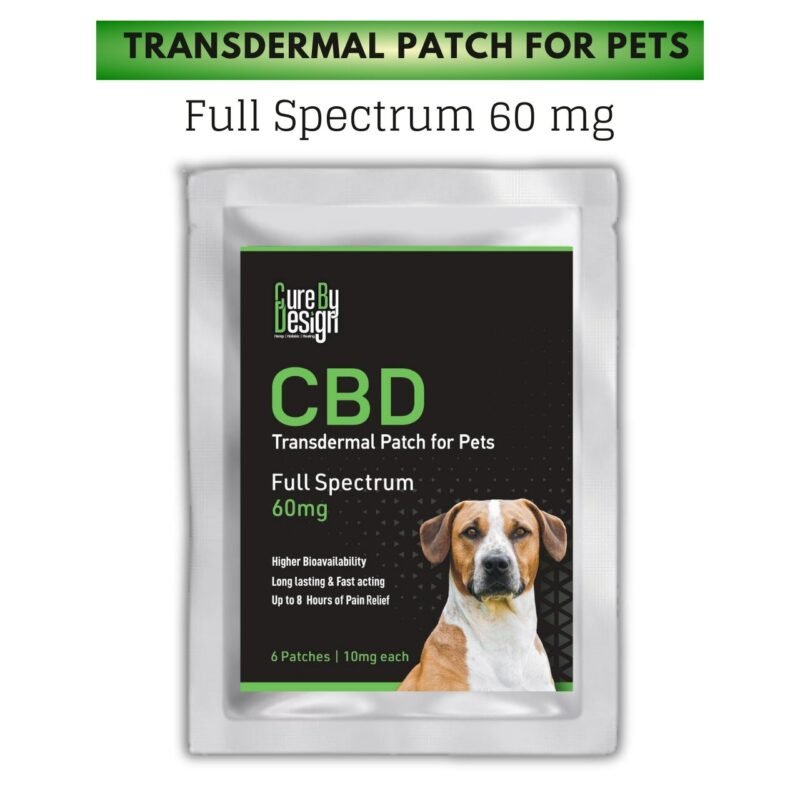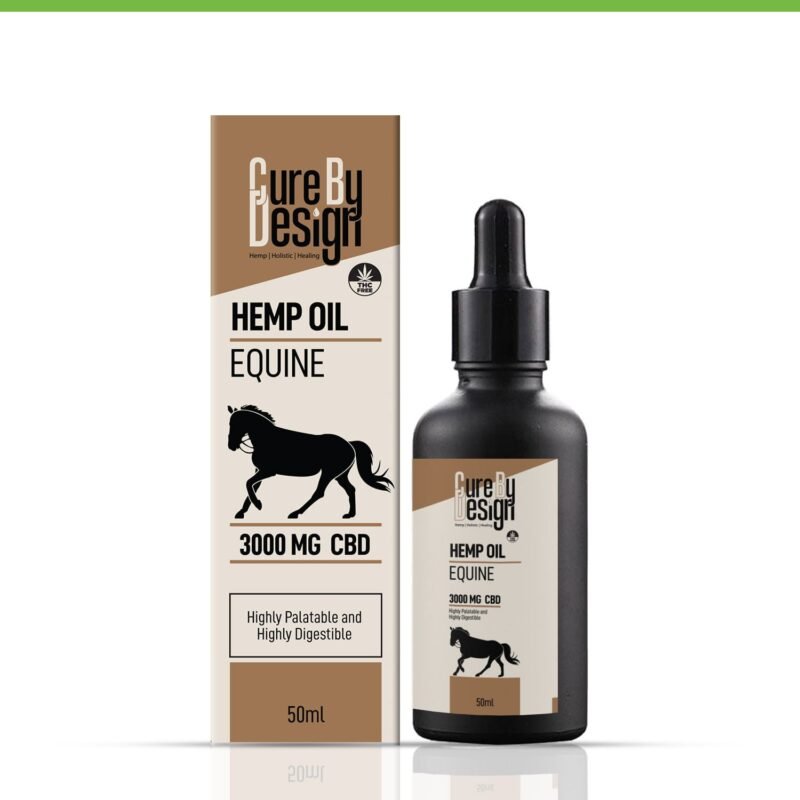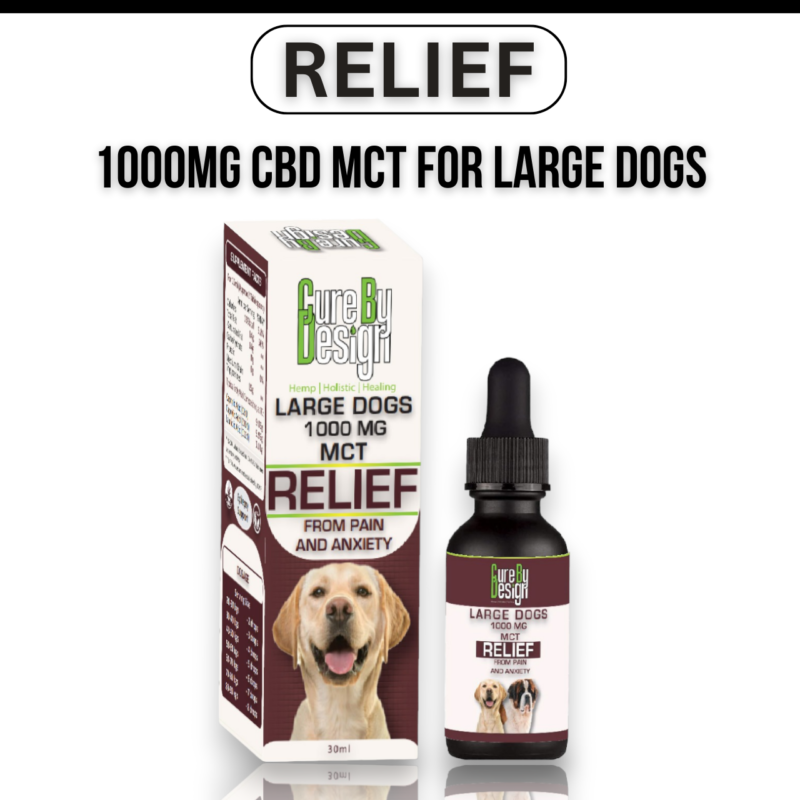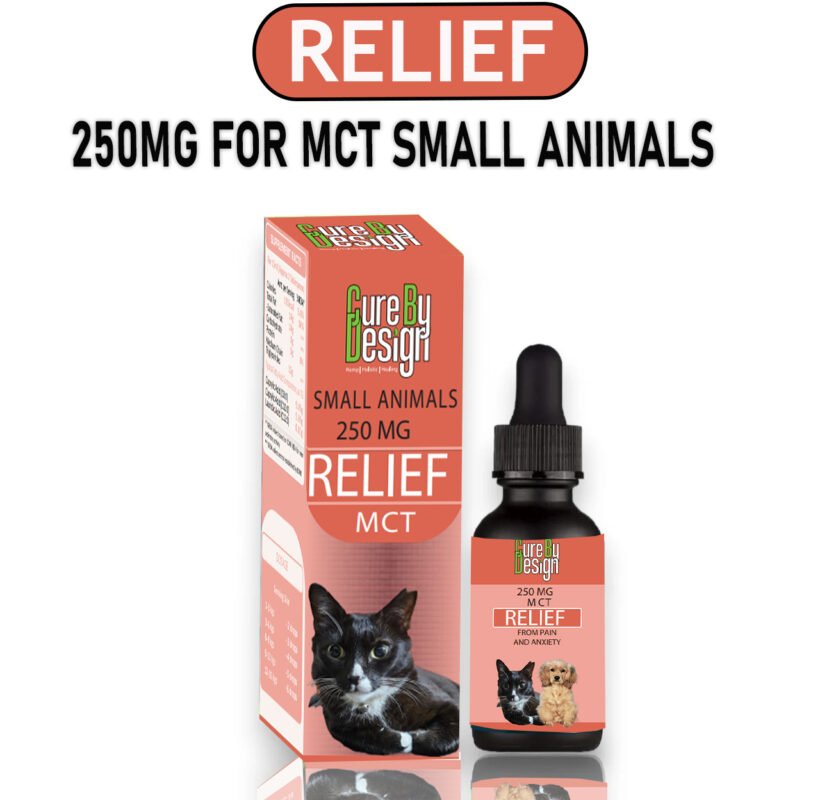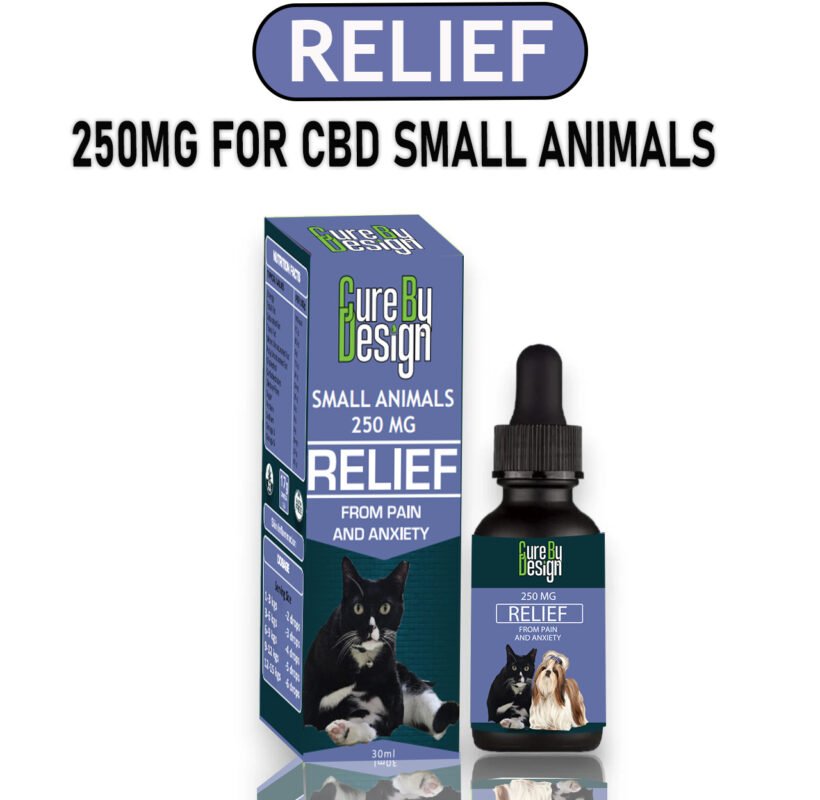CBD oil for Anxiety
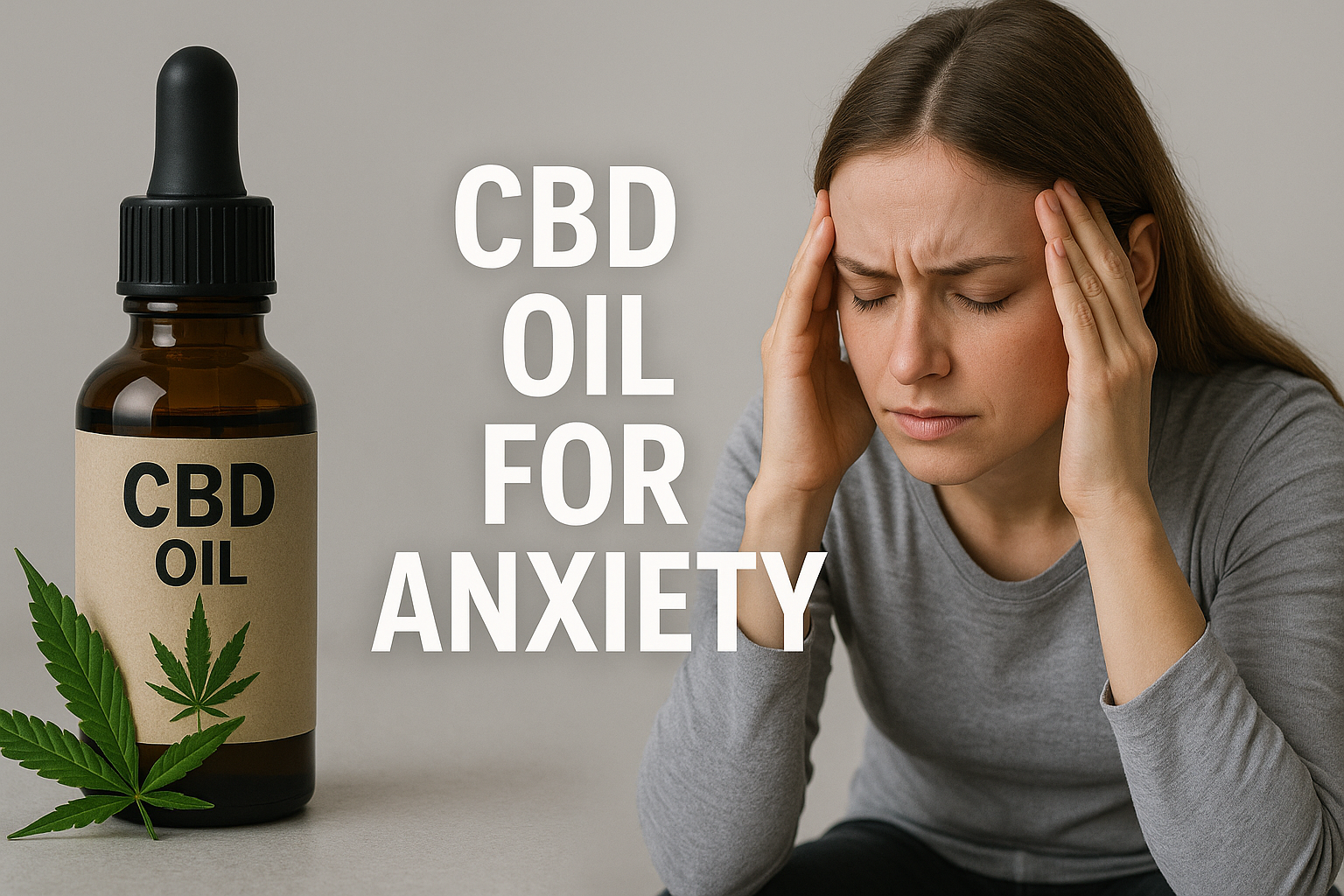
Mental health disorders affect a large part of the population, with anxiety being one of the most common. Traditional treatments like benzodiazepines and SSRIs often have limited effects and unwanted side effects, leading to interest in alternatives such as CBD oil. Derived from Cannabis sativa, cannabidiol (CBD) is non-psychoactive and has shown anxiolytic properties through its action on serotonin receptors and modulation of brain systems linked to stress response. Animal studies demonstrate reduced anxiety behaviors with CBD use, while early human trials indicate benefits in reducing anxiety symptoms during stressful situations. However, more large-scale research is needed to confirm optimal doses and long-term safety.
Table of Contents
- Global Impact of Anxiety Disorders and Treatment Challenges
- What Is CBD and How Does It Work?
- How CBD Affects Anxiety Mechanisms in the Brain
- Animal Studies Supporting CBD’s Anxiety Effects
- Clinical Trials on CBD for Anxiety Disorders
- Using CBD Oil for PTSD Symptoms
- CBD’s Role in Managing Depression Symptoms
- CBD and Schizophrenia: Related Psychiatric Effects
- Recommended CBD Dosage for Anxiety Relief
- Safety Profile and Side Effects of CBD Oil
- Limitations of Current CBD Anxiety Research
- Future Directions in CBD Anxiety Treatment
- Frequently Asked Questions
13.1. How does CBD oil affect anxiety in the brain?
13.2. Are there any side effects of using CBD oil for anxiety?
13.3. Can CBD oil be used alongside other anxiety treatments?
13.4. How long does it take for CBD oil to help with anxiety symptoms?
13.5. Is CBD oil addictive or likely to cause withdrawal symptoms when used for anxiety?
Global Impact of Anxiety Disorders and Treatment Challenges
Anxiety disorders affect about one in four Europeans and rank among the leading causes of disability worldwide, imposing a heavy toll on individuals and societies. These conditions not only reduce quality of life but also create a significant economic burden due to healthcare expenses and lost productivity. Current treatment options mainly include benzodiazepines and selective serotonin reuptake inhibitors (SSRIs), which provide relief for many but come with notable drawbacks. Benzodiazepines, while effective for short-term use, can cause dependence and sedation, limiting their long-term application. SSRIs often require several weeks to produce noticeable benefits and may lead to side effects such as sexual dysfunction and gastrointestinal discomfort. Moreover, a substantial portion of patients experience relapse or inadequate response to these medications, revealing clear unmet needs in anxiety management. Beyond pharmacological challenges, stigma surrounding mental health and limited access to care contribute to under-treatment globally. These issues have spurred growing interest in alternative therapies that offer better tolerability and multi-targeted approaches. Research is increasingly focused on novel pharmacological options that address multiple pathways involved in anxiety, aiming to improve outcomes and reduce the burden associated with these widespread disorders.
What Is CBD and How Does It Work?
CBD, or cannabidiol, is a natural compound extracted from the Cannabis sativa plant. Unlike THC, the well-known psychoactive component of cannabis, CBD does not cause intoxication or the high associated with marijuana use. It gained FDA approval in 2018 for treating certain severe epilepsy syndromes, highlighting its medical potential. CBD interacts with over 65 biological targets in the body, including cannabinoid receptors like CB1 and CB2, serotonin receptors such as 5-HT1A, and opioid receptors. Notably, it acts as a negative allosteric modulator of CB1 receptors, meaning it reduces their activity rather than activating them directly. This modulation may help balance the effects of other cannabinoids and influence mood regulation. Additionally, CBD inhibits the breakdown of anandamide, an endocannabinoid linked to mood and anxiety, by blocking its metabolism. This leads to increased anandamide levels, which can promote a sense of calm. CBD also activates 5-HT1A serotonin receptors, which are known to play a key role in anxiety reduction and antidepressant effects. Beyond serotonin, CBD influences other neurotransmitter systems including dopamine, GABA, glutamate, and opioids, all of which contribute to emotional balance. When taken orally, CBD has a bioavailability of about 6% to 19%, which means only a fraction reaches the bloodstream; this absorption improves when consumed with food. The liver metabolizes CBD, and it can interact with other medications processed by CYP450 enzymes, so caution is needed when combining it with certain drugs. Overall, CBD’s unique ability to engage multiple pathways in the brain and body underlies its growing interest as a potential treatment for anxiety and related conditions.
How CBD Affects Anxiety Mechanisms in the Brain
CBD influences anxiety through multiple brain mechanisms, primarily by modulating the endocannabinoid system. It increases levels of anandamide, a natural cannabinoid, by inhibiting the enzyme FAAH that breaks it down. This increase supports calming effects since anandamide plays a role in mood regulation. Unlike THC, CBD does not strongly activate CB1 receptors but instead acts as a negative allosteric modulator, subtly reducing CB1 activity and altering neurotransmission in anxiety-related brain areas. Additionally, CBD activates 5-HT1A serotonin receptors, which are key for reducing anxiety and improving mood, mirroring some effects of traditional antidepressants. It also balances excitatory and inhibitory signals by influencing both GABAergic and glutamatergic pathways, which helps stabilize neural communication often disrupted in anxious states. Beyond these, CBD affects dopamine D2 receptors, potentially contributing to mood regulation and reducing some anxiety symptoms linked to dopaminergic imbalance. It also blocks GPR55 receptors, which recent research connects to anxiety control. On a cellular level, CBD encourages neurogenesis and enhances neuroplasticity by activating pathways involving brain-derived neurotrophic factor (BDNF) and mTOR, supporting brain adaptability and recovery from stress. Moreover, CBD helps regulate the hypothalamic-pituitary-adrenal (HPA) axis, the body’s central stress response system, dampening overactive stress signaling. This combined action reduces the formation of fear memories and aids in fear extinction, which is important for overcoming persistent anxiety. The broad modulation of neurotransmitters and neurotrophic factors by CBD underlies its potential as an anxiolytic agent, addressing anxiety through diverse but interconnected brain pathways.
Animal Studies Supporting CBD’s Anxiety Effects
Animal research has provided strong evidence that CBD produces anxiety-reducing effects in various rodent models. In tests like the elevated plus maze and marble burying, CBD demonstrates anxiolytic-like behavior, often following an inverted U-shaped dose-response where moderate doses are more effective than very low or high doses. These effects extend to stress models, where CBD reduces the release of stress hormones and lessens physiological stress responses during acute restraint. Chronic CBD treatment tends to offer more consistent and pronounced anxiolytic outcomes compared to single doses, suggesting a buildup of therapeutic effects over time. Importantly, CBD also interferes with fear memory formation and boosts extinction learning in fear conditioning experiments, indicating its potential to reduce pathological fear responses. However, responses can vary depending on factors like species, strain, sex, age, and how the CBD is administered. Beyond anxiety, CBD improves depression-related behaviors in forced swim and chronic mild stress models. On a cellular level, CBD increases neuroplasticity markers such as brain-derived neurotrophic factor (BDNF), synaptophysin, and PSD95 in brain regions involved in anxiety regulation, including the prefrontal cortex, hippocampus, and amygdala. Epigenetic changes, like DNA methylation, may also underlie some of the long-term antidepressant effects observed in these studies. Collectively, these findings highlight how CBD acts across multiple brain areas, such as the periaqueductal gray and bed nucleus of the stria terminalis, to modulate anxiety-related behaviors in animal models.
Clinical Trials on CBD for Anxiety Disorders

Clinical trials have provided important insights into CBD’s potential for treating anxiety disorders. Early research showed that CBD can reduce anxiety caused by THC in healthy volunteers. Subsequent studies found that oral doses between 300 and 600 mg lowered anxiety during simulated public speaking tests, a common method to induce stress in a controlled setting. Neuroimaging studies revealed that CBD affects brain areas linked to anxiety, such as the amygdala, hippocampus, and cingulate gyrus, altering their activity and connectivity. In patients with social anxiety disorder (SAD), oral doses of 400 to 600 mg reduced subjective feelings of anxiety and changed cerebral blood flow patterns, supporting its anxiolytic effects. Lower daily doses, around 25 to 75 mg, given over one to three months to psychiatric patients also showed improvements in anxiety and sleep symptoms, suggesting CBD may be helpful even at modest doses over time. However, results are not universally consistent: some studies noted increased anxiety in healthy individuals with high paranoid traits after CBD use, indicating that responses may vary by individual characteristics. CBD has also been studied in substance use disorders, where formulations containing CBD or a combination of THC and CBD reduced anxiety and cravings. Functional brain imaging supports these findings by showing that CBD modulates neural circuits involved in fear and anxiety processing. Currently, multiple ongoing clinical trials are testing a wide range of daily doses, from 30 mg up to 800 mg, targeting generalized anxiety disorder, PTSD-related anxiety, and social anxiety. Across these studies, CBD has been well tolerated, without causing sedation or psychotic side effects, which makes it a promising candidate for further research in anxiety treatment.
Using CBD Oil for PTSD Symptoms

CBD oil has shown promise as an add-on treatment for reducing PTSD symptoms, especially when combined with psychotherapy. Open-label studies indicate that taking CBD daily, typically between 300 and 600 mg for 6 to 8 weeks, can lower the severity of PTSD symptoms in both military veterans and civilians who have experienced trauma. Patients often report less frequent re-experiencing of traumatic memories and decreased anxiety linked to those memories. CBD appears to support fear extinction, helping the brain to diminish conditioned fear responses, while also reducing stress hormone levels that are often elevated in PTSD. Its positive effects on neuroplasticity and activation of serotonin receptors may further ease symptoms by improving mood regulation and stress resilience. Improved sleep quality is another commonly noted benefit, which is important since sleep disturbances frequently worsen PTSD. Importantly, CBD is generally well tolerated in PTSD patients, with few side effects reported. Although more research is needed to confirm long-term effectiveness and refine dosing, current evidence points to CBD as a valuable component in managing PTSD as part of a broader approach to stress-related disorders.
CBD’s Role in Managing Depression Symptoms
Human data on CBD’s antidepressant effects remain limited but show promise. Studies involving nabiximols, which combine THC and CBD, have reported mood improvements in patients with chronic pain. Additionally, CBD alone has been linked to reductions in depressive symptoms and cognitive impairments among cannabis users. An online survey also suggested that users experienced mood enhancements, though the wide variation in CBD formulations and doses limits firm conclusions. Preclinical research in animal models demonstrates clear antidepressant-like effects of CBD, likely related to its influence on neuroplasticity and neurogenesis. CBD appears to modulate key neurotransmitter systems such as serotonin and dopamine, which play central roles in mood regulation. Emerging evidence indicates that CBD’s effects on epigenetic pathways may contribute to more sustained antidepressant benefits. Ongoing clinical trials are exploring CBD as a treatment for bipolar depression with daily doses ranging from 150 to 300 mg. While more rigorous human studies are needed to confirm efficacy and establish dosing guidelines, CBD’s generally favorable safety profile makes it a potential adjunct to conventional antidepressant therapies.
CBD and Schizophrenia: Related Psychiatric Effects
CBD has shown promising effects in schizophrenia, a complex psychiatric disorder characterized by psychosis, cognitive deficits, and mood symptoms. Preclinical studies reveal that CBD reduces behaviors resembling psychosis, such as hyperactivity and problems with sensorimotor gating, which are common in schizophrenia models. Clinical trials using doses between 600 and 1000 mg per day have demonstrated improvements in positive symptoms, like hallucinations and delusions, while also enhancing cognitive function. Unlike traditional antipsychotics, CBD does not cause extrapyramidal symptoms or sedation, which are commonly experienced side effects. Treatment with CBD has been linked to increased plasma levels of anandamide, an endocannabinoid, and these higher levels correlate with symptom relief. Neuroimaging studies further support CBD’s role in normalizing brain activity in areas disrupted by schizophrenia. Its multi-target action may help address both psychotic and mood symptoms, making CBD a potential adjunct therapy given its favorable safety and tolerability profile. Ongoing larger studies aim to clarify its full therapeutic role and optimal dosing. Additionally, CBD’s ability to ease anxiety symptoms could be particularly useful for patients with schizophrenia who often experience comorbid anxiety.
Recommended CBD Dosage for Anxiety Relief
Effective oral doses of CBD for anxiety relief in clinical trials generally fall between 300 and 600 mg per day. However, some psychiatric patients have experienced benefits at lower doses, ranging from 25 to 75 mg daily. The oral bioavailability of CBD is relatively low, between 6% and 19%, but taking CBD with food can improve absorption. Alternative delivery methods like inhalation or intravenous routes offer better bioavailability but remain less studied for anxiety. Research points to an inverted U-shaped dose-response curve, meaning moderate doses tend to be more effective than very low or very high amounts. Chronic use of CBD often produces stronger anxiolytic effects compared to single doses, suggesting regular administration might be more beneficial. Individual factors such as body weight, metabolism, and existing health conditions can influence the appropriate dose, so starting with a low dose and gradually increasing it may help reduce side effects. Since standardized dosing guidelines are still evolving, consulting a healthcare professional before starting CBD for anxiety is advisable to tailor dosing and monitor for potential interactions or adverse effects.
| Dose Range (mg) | Patient Group | Effectiveness | Notes |
|---|---|---|---|
| 300-600 | General clinical anxiety patients | Effective anxiolytic effects | Most clinical trials use oral doses in this range |
| 25-75 | Psychiatric patients with anxiety or sleep issues | Anxiety reduction and improved sleep | Lower doses over 1-3 months showed benefits |
| 6-19% Oral Bioavailability | All patients | Low absorption without food | Bioavailability improves when taken with food |
| N/A | Administration routes | Inhalation/IV have better absorption | Less studied but potentially higher bioavailability |
| Varies | Individual factors | Adjust dosing based on weight, metabolism, comorbidities | Start low and titrate gradually to minimize side effects |
Safety Profile and Side Effects of CBD Oil
CBD oil is generally well tolerated in humans and has a favorable safety profile. Common side effects tend to be mild and include diarrhea, drowsiness, and decreased appetite. Importantly, CBD does not produce the psychotropic effects associated with THC, meaning it does not cause intoxication or sedation when taken at therapeutic doses. Studies in both humans and animals have found no evidence of abuse potential or dependence with CBD use. However, CBD can interact with certain medications by inhibiting liver enzymes CYP2C and CYP3A, which are responsible for metabolizing many drugs such as some antiepileptics and antidepressants. Because of this, caution is advised when combining CBD with these medications, and medical supervision is recommended. While long-term safety data are still limited, existing clinical trials focusing on anxiety and related conditions have not reported any serious adverse effects. For those using high doses over extended periods, monitoring liver function might be wise to avoid potential issues. Overall, when used responsibly under medical guidance, CBD appears safe for most people seeking anxiety relief.
- CBD is generally well tolerated with a favorable safety profile in humans.
- Common mild side effects include diarrhea, somnolence, and decreased appetite.
- No evidence exists for abuse potential or dependence in animal or human studies.
- CBD lacks psychotropic effects and does not cause intoxication or sedation at therapeutic doses.
- Potential drug interactions arise from CBD’s inhibition of liver enzymes CYP2C and CYP3A.
- Caution is advised when used with medications metabolized by these enzymes, such as certain antiepileptics or antidepressants.
- Long-term safety data are still limited but so far show no significant adverse effects.
- No serious side effects have been reported in clinical trials for anxiety or related disorders.
- Monitoring liver function may be advisable during extended use of high-dose CBD.
- Overall, CBD appears safe for most people when used appropriately under medical guidance.
Limitations of Current CBD Anxiety Research
Current research on CBD for anxiety faces several important limitations that affect how confidently its benefits can be interpreted. Many clinical studies involve small sample sizes, reducing statistical power and limiting how generalizable the findings are across broader populations. There is also considerable variability in the CBD products used, including differences in purity, source, and the presence of other cannabinoids or terpenes, which complicates comparisons between studies. Dosages vary widely, ranging from as low as 25 mg to as high as 800 mg, making it difficult to define clear dose-response relationships or optimal therapeutic ranges. Most trials focus on short-term or single-dose effects, leaving gaps in understanding the long-term safety and sustained efficacy of CBD in anxiety disorders. Mechanistically, much of what is known about how CBD reduces anxiety in humans is extrapolated from animal models; direct evidence in people remains incomplete. Rigorous placebo-controlled, double-blind studies are still limited, with some research relying on open-label designs or lacking robust controls, increasing the risk of bias. Anxiety outcomes are frequently measured through self-report scales, which can be influenced by placebo effects or participants’ expectations. Patient populations studied vary widely in age, sex, psychiatric comorbidities, and history of cannabis use, all of which can impact results and make it hard to draw firm conclusions. Some conflicting findings exist, such as reports of CBD increasing anxiety in individuals with high paranoid traits, suggesting individual differences in response. Additionally, potential drug interactions mediated by CBD’s inhibition of liver enzymes (CYP450) have not been well studied, a concern given that many anxiety patients use multiple medications. These limitations highlight the need for larger, well-controlled, and standardized clinical trials to better define CBD’s role in treating anxiety.
Future Directions in CBD Anxiety Treatment
To unlock CBD’s full potential in treating anxiety, future research must focus on large, well-designed randomized controlled trials using standardized, pharmaceutical-grade CBD products. This will help confirm its true efficacy and safety across anxiety disorders. Determining optimal dosing schedules, covering dose amounts, frequency, and best administration routes, is crucial, especially since anxiety disorders and individual patient factors vary widely. Long-term studies are needed to assess the effects of chronic CBD use on anxiety symptoms, cognitive health, and overall mental well-being. Advances in neuroimaging, biomarker analysis, and pharmacogenetics could clarify how CBD modulates brain circuits involved in anxiety, shedding light on its complex mechanisms in humans. Combining CBD with established treatments such as cognitive behavioral therapy or SSRIs might improve outcomes, so evaluating these adjunctive strategies is important. Developing objective, physiological measures of anxiety reduction alongside subjective reports will strengthen evidence quality. Research should also encompass diverse populations, including various ages, sexes, ethnic backgrounds, and comorbid conditions, to tailor treatments more precisely. The potential benefits of full-spectrum CBD products, which include other cannabinoids and terpenes, versus isolated CBD, warrant exploration. Understanding CBD’s interaction with common psychiatric medications is necessary to ensure safety in clinical settings. Finally, investigating CBD’s role in promoting neuroplasticity and epigenetic changes could reveal new targets for sustained anxiety relief and improved therapeutic strategies.
Frequently Asked Questions
1. How does CBD oil affect anxiety in the brain?
CBD oil interacts with the body’s endocannabinoid system, which helps regulate mood and stress responses. It may influence receptors that affect serotonin levels, which play a key role in anxiety regulation, potentially helping to reduce anxious feelings.
2. Are there any side effects of using CBD oil for anxiety?
CBD oil is generally well-tolerated, but some people may experience side effects like dry mouth, drowsiness, or changes in appetite. It’s important to start with a low dose and consult a healthcare provider, especially if you are taking other medications.
3. Can CBD oil be used alongside other anxiety treatments?
CBD oil can sometimes be used with other treatments like therapy or prescription medications, but it’s crucial to talk to a doctor first. Combining treatments might affect how each works or lead to unwanted interactions.
4. How long does it take for CBD oil to help with anxiety symptoms?
The time it takes varies by person and method of use. Some people notice effects within 15 to 45 minutes when using tinctures or vaping, while others may need consistent use over days or weeks to see noticeable changes in anxiety levels.
5. Is CBD oil addictive or likely to cause withdrawal symptoms when used for anxiety?
CBD oil is not considered addictive, and there are no well-documented withdrawal symptoms. Unlike some anxiety medications, it does not create dependence, but it’s still wise to use it responsibly under medical guidance.

